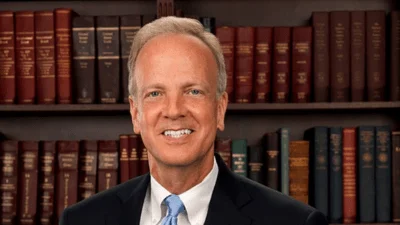Congresswoman Chellie Pingree (D-ME), Chair of the Interior, Environment, and Related Agencies Appropriations Subcommittee, delivered the following remarks at the Subcommittee's hearing on the National Tribal Organizations Public Witness Hearing for Fiscal Year 2023.
I am pleased to be the first to welcome everyone to the return of public witness hearings on tribal programs under the jurisdiction of the Interior, Environment, and Related Agencies Appropriations Subcommittee.
Due to the ongoing pandemic, we are still not back to normal for public witness hearings. Prior to the pandemic, we were able to hold two days of hearings to receive testimony from individual Tribes and Tribal organizations.
Last year, we were unable to hold any public witness hearings, but we received written testimony from Tribes.
While we are still not to pre-pandemic activities, I am pleased that this year we are having two virtual hearings, starting with today’s hearing to receive testimony from Tribal organizations on national issues affecting Indian Country. This testimony will inform the fiscal year 2023 annual appropriation.
Our second hearing, which will take place tomorrow afternoon, will focus on regional Indian Country issues. As we did last year, we also solicited written testimony from individual Tribes to focus on specific Tribal priorities. That testimony was received last month.
A lot has happened since we last met. The world was shut down by a pandemic resulting in over 900,000 deaths in the U.S. alone, with devastating impacts in Indian country. While the pandemic continues, with vaccines we are getting back to normal.
We also have a new President in the White House focusing on addressing the pandemic, dealing with climate change, and honoring the Nation’s treaty and trust responsibilities to Native America by requesting investment in Indian country.
For fiscal year 2023, President Biden proposes $2.8 billion for the Bureau of Indian Affairs, $583 million above the fiscal year 2022 enacted level. This includes much needed increases of an additional $38 million for public safety and justice programs and construction projects.
With over 55 million acres of land held in trust for Tribes, Indian Country is poised to be a major player in the clean energy industry. The fiscal year 2023 budget proposes an additional $104 million for natural resources management programs to continue investments to address climate change and help Indian Country lead the way as we pivot to cleaner energy.
Further, the budget proposes to reclassify contract support costs and payments for Tribal leases as mandatory.
For the Bureau of Indian Education, the President requests $4.5 billion, which is $294 million above the fiscal year 2022 enacted level.
The President proposes to make a substantial investment in education construction, with a requested increase of $156 million. The pandemic showcased the failures of current BIE education facilities. I recently met with leaders from the National Indian Education Association where we discussed the need for additional infrastructure investment. This requested increase will go towards addressing these needs.
For the Indian Health Service, the President proposes to reclassify the entire budget as mandatory. This proposal is not in within the Subcommittee’s jurisdiction. Although no discretionary funds were requested, I look forward to today’s testimony on priority areas for Indian health.
I am pleased to welcome back national Tribal organizations to discuss the needs and challenges facing Indian Country. I am eager to learn more about Native America’s national priorities, and I look forward to our discussions on these issues because I believe it will help to inform us as we begin to develop the 2023 appropriations bill.
Source: U.S. Department of HCA








